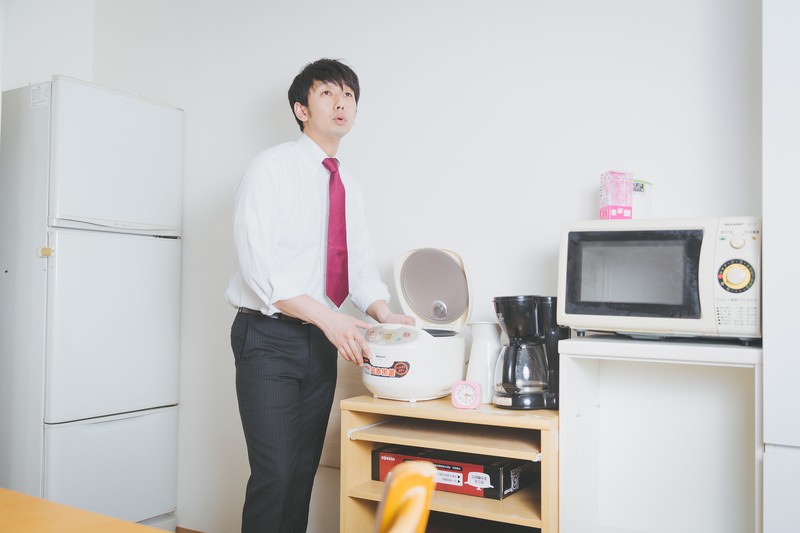Living in Japan requires understanding the meticulous approach to waste disposal. This guide will help you navigate waste disposal in Japan, whether you’re in Tokyo or Kyoto. Let’s dive right in!
Understanding Categories: What Goes Where?
In Japan, waste is separated into several categories: burnable, non-burnable, recyclable, and large-size waste. Municipalities have the responsibility of waste collection with their own collection guidelines. Specific collection days are assigned to each type of waste, and these days vary by locality. You will acquire a helpful guidebook of local waste guidelines upon submitting your residential registration after moving in. Marking your calendars can help in this process.
- Burnable Waste: Includes paper, kitchen scraps, and wood. Usually collected twice a week.
- Non-Burnable Waste: Comprises metals and ceramics. Typically collected once a week or biweekly.
- Recyclables: Items like clean paper, bottles, cans, and clean plastics. Usually collected once a week for each type.
- Oversized Waste: Bulky items such as furniture.
However, in unique cities such as Kyoto, there may not even be a category labeled “Non-burnable,” because of their advanced waste incineration processes at extremely high temperatures aimed at preventing the creation of harmful substances.
Japan also takes recycling to the next level. Here’s how you can participate:
- PET Bottles: Rinse and remove caps and labels. Most of the labels have perforated lines for easy removal.
- Cans & Glass: Rinse before submitting for collection.
Possible Consequences of Not Following the Rules
Japan takes waste separation seriously, and not following the rules can have consequences.
Following the Law: Understanding waste disposal regulations in Japan is crucial. Article 16 of the Waste Disposal Law focuses on responsible waste disposal, aiming to prevent reckless dumping. Breaching this law can result in substantial fines, reaching up to 10 million yen, and, in severe cases, even imprisonment. However, this law primarily addresses inappropriate waste disposal rather than incorrect waste separation. For inappropriate waste separation, penalties differ by location; for instance, in Yokohama, fines of around 2,000 yen may apply for disregarding waste disposal rules.
More Than Just Penalties: It’s more than just a rule – proper waste sorting is essential, as local authorities won’t collect improperly sorted waste. Ignoring this practice can result in accumulating garbage in designated areas, causing unhygienic conditions. Besides potential penalties, remember that not sorting waste might not be well-received socially. Sometimes, if bags aren’t sorted properly, they might be looked into to find the owner and could be returned to your door. While penalties might not be a big concern in some places, following waste disposal guidelines helps keep the community together. Overall, practicing good waste management not only keeps things clean but also maintains good relationships in your community.
Condos and Rules: If you’re living in a condominium, there might be specific waste rules to follow. Condo rules often involve smaller penalties rather than eviction, so it’s unlikely that not sorting waste in a condo will immediately result in eviction.
Practical Tips: Making Waste Disposal a Breeze
- Separate Trash Bins: Set up separate trash bins for different types of waste, such as burnable, non-burnable, plastics, and recyclables. This is a common practice among locals, for it can make sorting easier and more efficient. Find suitable trash bins on Amazon.
- Avoid Leakage: Double bag wet waste to avoid spillage.
- Use Authorized Bags: Some cities have specific bags for specific type of waste. These are available at almost all convenience stores and supermarkets in the applicable municiparity at affordable price.
Concluding Paragraph:
Navigating waste disposal in Japan might seem complex, but with this guide, you’re equipped to master it. It’s about respecting nature, connecting with your community, and embracing Japanese culture. Happy sorting!
Helpful Resources:


